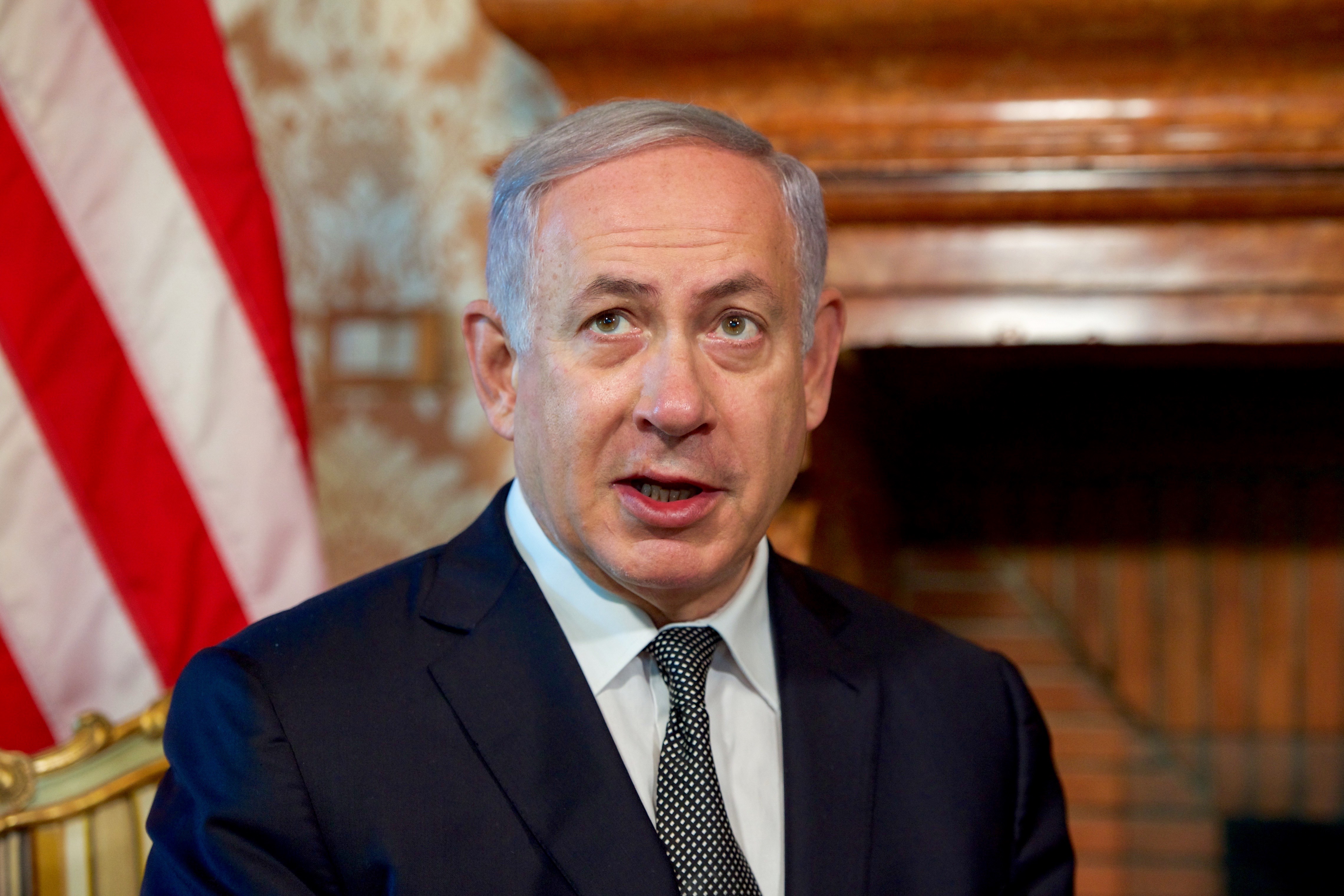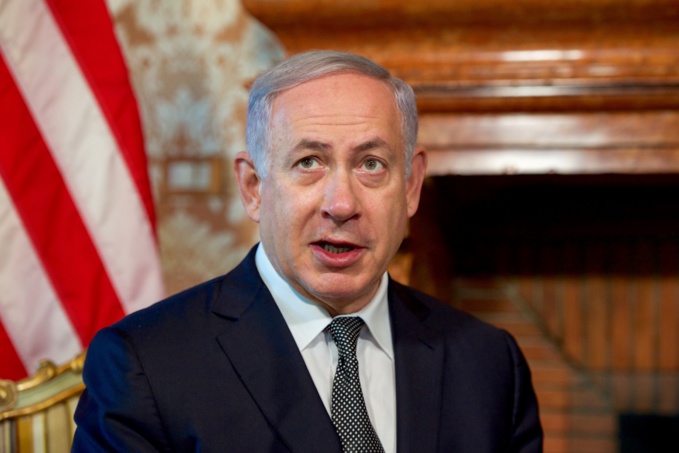The date of the new parliamentary elections in Israel - March 2, 2020 - finally became known early on Thursday morning. The last Knesset meeting, at which the MPs passed the bills on self-dissolution and new elections, ended at almost four in the morning local time. At midnight, the time allotted to any of the MPs to try to form a government expired. The task was failed by leaders of two leading political forces: Prime Minister and head of the Likud party, Benjamin Netanyahu, and Benny Gantz, representing the centrist bloc Kahol-Lavan. None of the Israeli politicians was able to gather a ruling coalition, which requires support of 61 of the 120 Knesset deputies.
This year, the Knesset elections were held twice - on April 9 and September 17. Their results showed that neither the right-wing nor the left-centrist camps could form a government on their own. The optimal solution was to create a government of national unity, which would include Likud and Kakhol-Lavan. Israeli President Reuven Rivlin invited Benjamin Netanyahu and Benny Gantz to manage the government on a rotational basis - each two years. However, all coalition negotiations failed. No one wanted to give in, the debate was mainly about who would be the first to sit in the prime minister’s chair, although formally there were other requirements for potential coalition partners.
As a result, each of the two leaders used its monthly mandate to form a government in vain, and an additional three weeks expired. Just a day before the Knesset’s decision to dissolve itself, Benny Gantz announced that he was ready to discuss the possibility of continuing negotiations with Benjamin Netanyahu if the latter renounced parliamentary immunity. The fact is that in late November, charges of corruption and abuse of power were brought against the current Prime Minister for the first time in the history of Israel. Kahol-Lavan suggested that Benjamin Netanyahu first deal with the court, and then, if his innocence is proved, return to politics. Refusal of immunity could expedite the court. According to Israeli law, it is not possible to initiate legal proceedings until a special Knesset commission decides on immunity. However, such a commission has not existed since April and is unlikely to appear before the formation of the government.
Those who want to take the place of Mr. Netanyahu have already appeared. Former Minister of Education and Home Affairs 53-year-old Gideon Saar led an internal riot at Likud, demanding to hold primaries not only for ordinary members, but also for the party leader. After much deliberation, Benjamin Netanyahu agreed. However, the decision should be made by the Likud Center, where supporters of the prime minister are doing everything possible so that the primaries of the party leader do not take place. Companions of Benjamin Netanyahu still hope that the new elections will allow him to gather the ruling coalition. “I think this is the last chance for Netanyahu. I believe that right-wing voters who did not vote for the last time will come to the polls this time,” said David Bitan, a Knesset member from Likud.
source: cnn.com
This year, the Knesset elections were held twice - on April 9 and September 17. Their results showed that neither the right-wing nor the left-centrist camps could form a government on their own. The optimal solution was to create a government of national unity, which would include Likud and Kakhol-Lavan. Israeli President Reuven Rivlin invited Benjamin Netanyahu and Benny Gantz to manage the government on a rotational basis - each two years. However, all coalition negotiations failed. No one wanted to give in, the debate was mainly about who would be the first to sit in the prime minister’s chair, although formally there were other requirements for potential coalition partners.
As a result, each of the two leaders used its monthly mandate to form a government in vain, and an additional three weeks expired. Just a day before the Knesset’s decision to dissolve itself, Benny Gantz announced that he was ready to discuss the possibility of continuing negotiations with Benjamin Netanyahu if the latter renounced parliamentary immunity. The fact is that in late November, charges of corruption and abuse of power were brought against the current Prime Minister for the first time in the history of Israel. Kahol-Lavan suggested that Benjamin Netanyahu first deal with the court, and then, if his innocence is proved, return to politics. Refusal of immunity could expedite the court. According to Israeli law, it is not possible to initiate legal proceedings until a special Knesset commission decides on immunity. However, such a commission has not existed since April and is unlikely to appear before the formation of the government.
Those who want to take the place of Mr. Netanyahu have already appeared. Former Minister of Education and Home Affairs 53-year-old Gideon Saar led an internal riot at Likud, demanding to hold primaries not only for ordinary members, but also for the party leader. After much deliberation, Benjamin Netanyahu agreed. However, the decision should be made by the Likud Center, where supporters of the prime minister are doing everything possible so that the primaries of the party leader do not take place. Companions of Benjamin Netanyahu still hope that the new elections will allow him to gather the ruling coalition. “I think this is the last chance for Netanyahu. I believe that right-wing voters who did not vote for the last time will come to the polls this time,” said David Bitan, a Knesset member from Likud.
source: cnn.com



















